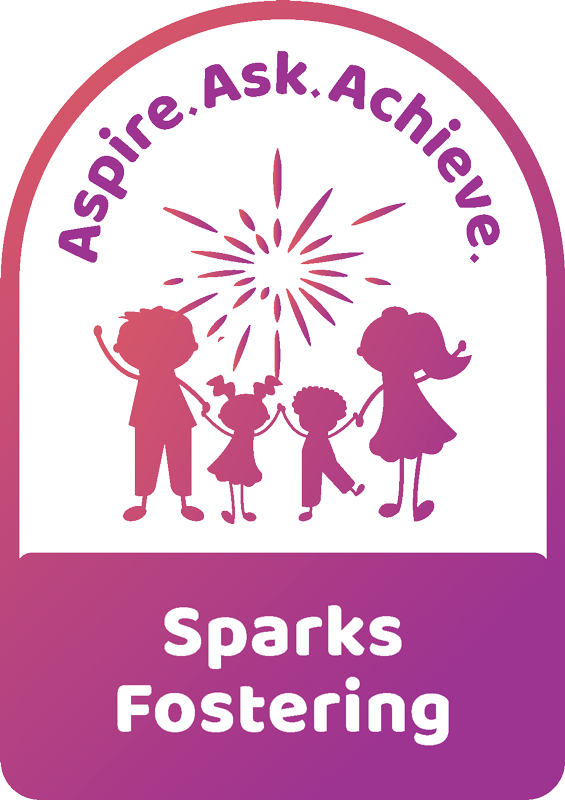Meetings for the Children in fostering homes
Children who are in foster care have meetings regularly – there’s planning meetings for the placement, meetings to review general care plans, meetings for education, for health, and additional meetings depending on the child’s behaviour and presentation. This means that foster carers can be quite busy attending various meetings; however, this benefits the foster carer because they have regular access to a team of professionals who will give advice to the foster carer and will work together to help the child to reach their potential.
Regardless of the meeting or type of work being discussed, all social work intervention comprises of the same core components: Identifying the sources of information; presenting all relevant information; explaining why the information is relevant to the wellbeing and care provided to the child; identifying what work needs to be done to help the child progress; and who will complete this work (and when).
If the child in foster care is willing and able to attend and contribute to meetings, they should be encouraged to attend. The foster carer would be key to supporting the child to contribute and express their views effectively. Meetings may initially be intimidating for the child (and the foster carer) and the foster carer must reassure the child that there is nothing for them to worry about and that they should take the opportunity to express their views.
If the child refuses to attend the meeting/s, the foster carer should obtain the child’s input before the meeting so that the foster carer can represent the child – if the child is willing to write down their contribution, that would also be helpful. After the meeting, the foster carer/s should share non-confidential information with the child. The children’s social worker should also meet with the child soon after and explain the information discussed in the meeting.







